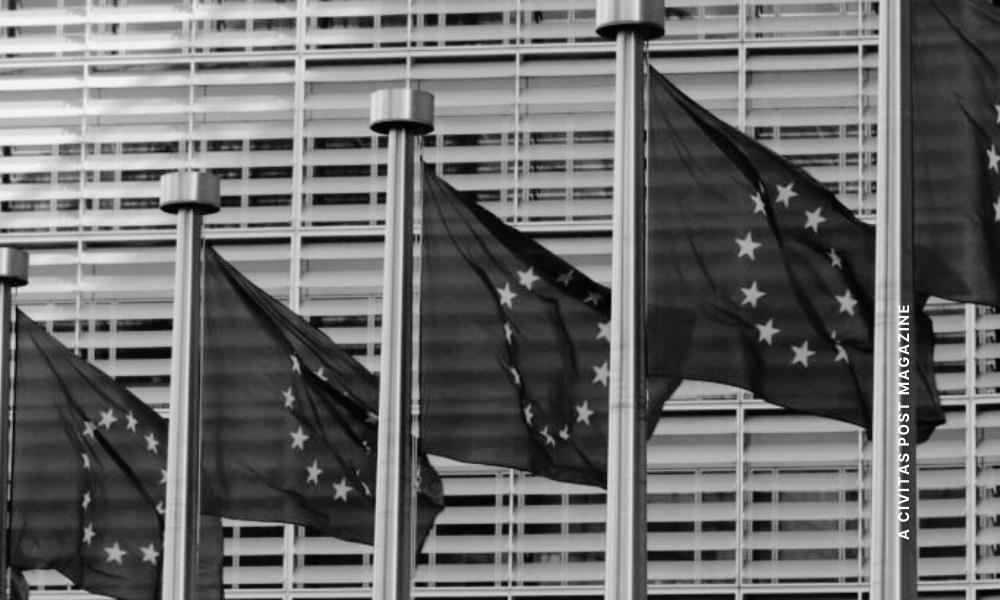Not only does Cyprus offer one of the most powerful citizenship by investment programmes in Europe – it also has tax incentives for the affluent and one of the most effective tax frameworks to structure global investments.
Cyprus Tax Laws under the EU Commission’s scrutiny
Cyprus’ attractive tax system has hit a snag with the latest directives from the EU Commission.
It is no secret the momentous impact that this pandemic has caused around the world. In a bid to secure funding for the European Union’s recovery plan, Brussels intends to crack-down on low tax Member States, who due to their advantageous corporate tax regimes attract wealthy investors’ funds and business.
Tax-efficient structuring using low-tax jurisdictions account for circa 50% of all cross-border transactions, according to Bruegel a Belgian consultancy. Hence, it is no surprise that at some point the EU was going to attempt to crack down on Member States that offer these incentives and claw back taxes.
What better triggering event than a global pandemic that is pushing global markets to the brink of a new historic recession.
The article whereby this crackdown would be possible is founded on supposed loopholes of the Single Market (under Article 116 of the Arrangement on the Working of the European Association, which covers Inner Market strategies). The article stipulates,
Unlike ordinary tax legislation in the EU, the initiative would only require the backing of a qualified majority of the EU’s 27 member states rather than unanimous support of all countries, restricting a government’s ability to wield a veto.
Therefore Cyprus, Luxembourg, Netherlands, Ireland and Malta among others are now not in a position to counter this attack.
France and Germany are spearheading this directive as the EU aims to build up its public coffers to fund the recovery process and also mitigate the evermore vociferous opposition by the public to tax avoidance by MNEs and HNWIs.
The Pressure of Public Opinion
One may wish to separate the personal facets of a crisis from the business ones but they are indivisible and intertwined.
The general public sentiment after months of lock downs, travel bans and crises is that once we emerge from this chaos we must rebuild anew, doing away with old archaic and harmful structures – whatever that may represent to each individual.
Whether it means more impact investing? More eco-friendly golden visa solutions? More citizenship investment funds used by governments to invest in societal projects (education/health)?
Whatever the change – we must accept that we are now in this period of transition and it will impact us on each level – business, societal and government.
The pandemic has also put governments at a local, regional and continental level under the watchful eye of the civitas – the citizen. There is evermore pressure to impose wealth taxes and in one form or other – this will impact UHNWIs and HNWIs globally.
Apple – whilst loved by billions is also the target of much criticism due to its tax-efficient business structures. Just this month, Apple overturned a EUR 13 billion tax bill in Ireland adding fuel to public disdain over tech giants’ disregard for taxation.
Therefore, it seems now is a time to closely assess one’s own family businesses, group structures and private wealth matters to ensure they aren’t caught up in this ever-changing fiscal tug-of-war.
Read more: Leading Women in Investment Migration Featuring Jenny Doolan
The Russian Element for Cyprus
Not only is the EU adding pressure to low-tax Member States – but shots are coming from all angles.
The Russian government is adding pressure to the Cypriot tax regime. Recently, President Putin’s requested that 13% withholding tax be applied on Russian outbound dividends and interest which, under the previously accorded Double Tax Treaty was normally 0% and 5%.
Why is this significant?
Cyprus has received over US$ 14 Billion in Russian investment and been used to structure outbound investment of US$8.1 billion.
Will Cyprus continue to be the ‘preferred’ tax-planning hub for Russian businesses?
President Putin has been implementing this policy across the board, most recently with Malta too.
The Russian tax base has been eroding way in recent year and now with Covid-19 in full swing, Putin is looking at creative ways to make offshore tax planning for entrepreneurs and affluent classes – less attractive abroad.
Not only have dividends and interest been impacted but royalties/IP structures too. Cyprus boasts one of Europe’s most favorable Intellectual Property tax regimes – which is of great value to tech entrepreneurs and science based MNEs – yet Putin announced that royalty payments to Cyprus would now be subject to up to 20% tax. A massive hit for the Cypriot tax planning sector and for affluent business people in an array of industries (science, tech, pharma, manufacturing, design) Russia.
Will this Aggressive Tax Approach by Russia impact Citizenship by Investment investors?
Russians are the most popular Citizenship Investment Programme investors in Cyprus. Those who invest in Cypriot real estate worth EUR 2,000,000 in order to obtain Cyprus Citizenship must hold onto it for at least 5 years. They then have the right to sell their real estate portfolio leaving for all perpetuity a Cypriot property worth EUR 500,000 as a permanent residence.
Once these proposed tax changes are enacted by Russia, likely 2021, Russian tax residents will be subject to a tax on the sale of their property in Cyprus.
In light of this – are Funds a more viable model or investment route for the Cyprus Investment Programme?









